Mental health: the positive role of religion and finding purpose (Opinion)
Welcome to The Mav’s mental health editorial series: The Patchwork Project
March 17, 2022
All opinions are those of the writers themselves and do not promote any official view or stance of Mead High School or St. Vrain Valley Schools.
Up until I was 13 I’d never had a serious mental struggle or difficulty to speak of. However, a death in my family affected my wellbeing. I was very sad for a long time without realizing it. I felt lonely, and I covered up those feelings by spending time with someone who appreciated me but didn’t always respect my space.
In order to get over the loss I had just encountered I tried to insert someone else into my life to take their place. This wasn’t positive in the long run, and I ended up not only hurting myself but my friend as well.
It was not until I was alone that I had time to understand my feelings and solve the deep-seated issues that had been affecting my mental health for a long time. I still experience days of loneliness and sadness, but I truly believe that God cares for and has a purpose for me.
My personal culture revolves largely around my faith in God and upbringing in church. I have been going to church for as long as I can remember and this has helped my mental health throughout my teenage years.
My mother was an immigrant who left Mexico in search of a better life. Her and other family members settled in Colorado and established themselves here. I was the first of my siblings to be born in the U.S. A few years after she arrived, my mother began attending a local church that we have been a part of ever since. Having grown up going to church and being taught moral values has guided me through the most difficult times in my life.
Whenever I feel upset about something I think about it for a long time. Reflecting on events and resulting emotions is a necessary part in solving or addressing the problem. Not taking time to think can be hurtful because you can easily begin to internalize your problems.
Another essential part of improving my mental health is talking about my problems. I usually turn to older friends and mentors for advice based on their own experiences.
Supportive friends help me when I am going through a difficult time and staying busy leaves less room for negative thoughts. Attending church activities gives me purpose and clears my mind.
It’s necessary to have guiding principles in your life, especially as a teenager. Without them it becomes too easy to turn into someone you don’t want to be. For me, it is my faith that has taught me what is valuable in life.
Crying also offers great relief. Sometimes we carry around our problems everywhere and it impacts our lives in many aspects. Being able to let go of resentment, jealousy, anger, and sadness will help you move forward. I find that too often I am the one stopping myself from doing better. Letting myself cry as well as practicing prayer helps me let go of these feelings and move on.
Some of the best advice I have ever received was to stop victimizing myself. When you stop viewing yourself as the victim, even if you truly are, you can overcome your problems and learn from your struggles. When you see yourself as a victim you act like one instead of realizing that you are in control of your thoughts and actions.
Mental health is something we should be talking about. Secular life should always come after your general wellbeing.
Look for your purpose. Everyone has a purpose, a reason to live — it was not an accident that brought us to life.
Before you love anyone else you must learn to love yourself. And if someone is not good for you, accept that you have a commitment to your own wellbeing before theirs. It is okay to say goodbye.
Life is truly beautiful and supportive in nature, but many things stop us from seeing that.

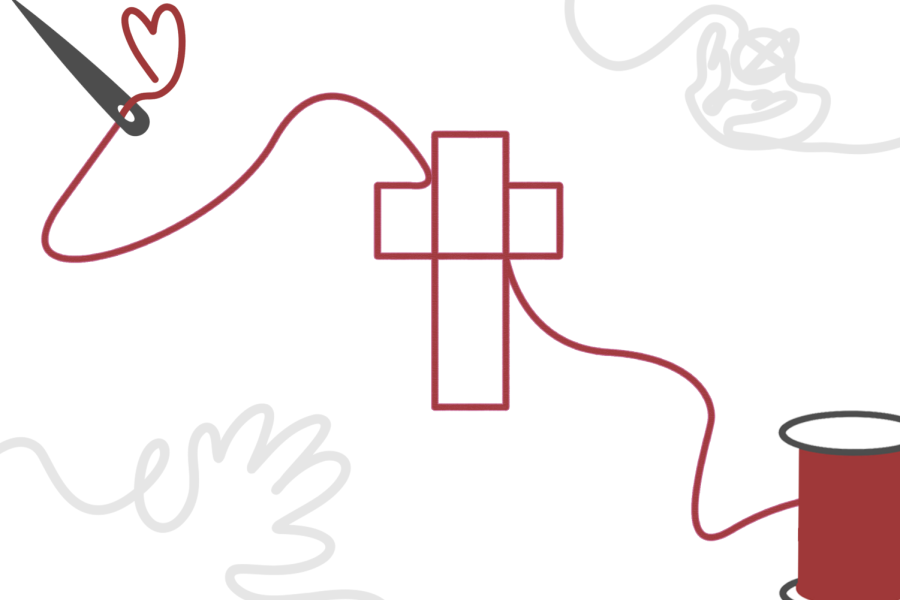
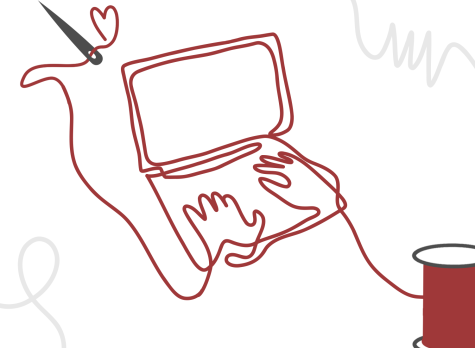
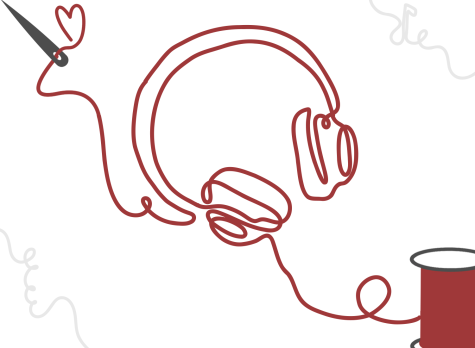
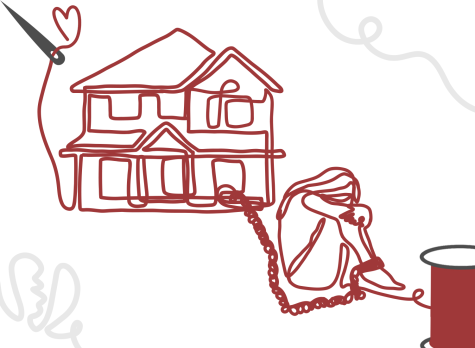
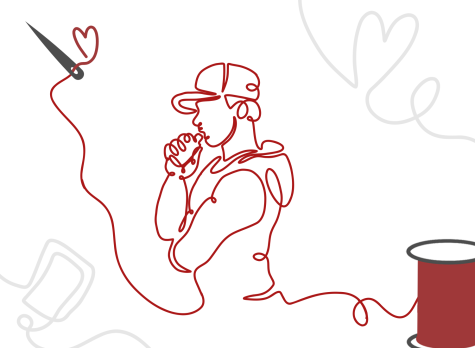

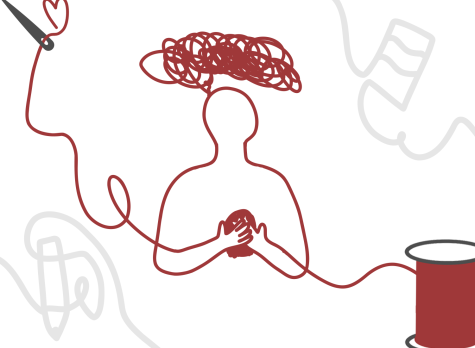


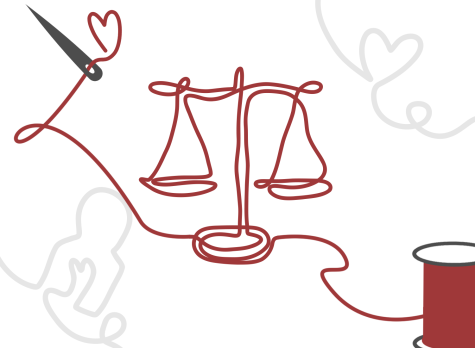
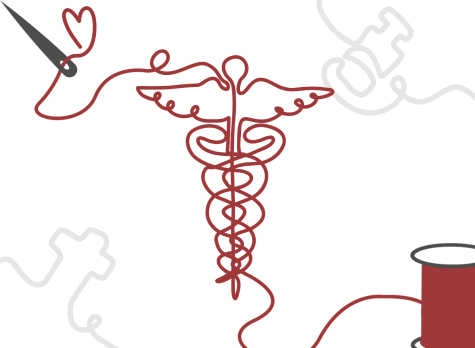
Ethan Graham • Mar 18, 2022 at 9:23 am
Great advice! Very cool story.